Zeroing in on zero harm
Canyon Coal’s commitment to achieving the South African mining industry’s goal of zero harm, which aims to ensure that mineworkers return home from work unharmed every day, continues apace with both Khanye Colliery and Phalanndwa Colliery recently passing significant fatality-free milestones.
Phalanndwa Colliery as at 25 September 2020, recorded over 2 500 fatality-free operating days, while as at 30 September 2020, Khanye Colliery recorded over 1 000 fatality-free operating days.
“Safety underscores all our practices at Canyon Coal,” says Canyon Coal Health, Safety and Environment Manager David Masilela, noting that Canyon Coal’s lost-time-injury frequency rate (LTIFR) upholds the company’s year-on-year zero harm goal. He attributes this to the application of a clear and concise safety strategy that is supported by visible felt leadership, which has made employees very aware of the health and safety policy and procedures across the company.
The seeds of this long-term strategy are bearing substantial fruit as in addition to impressive fatality-free records, the groups’ LTIFR for year to November stood at 0.00.
Moreover, David points out that that Canyon’s programme to mitigate noise-induced hearing loss is run by a qualified Occupational Hygienist, who has seen no recorded cases of employees negatively affected by noise levels. “Good hearing is crucial for safety at our operations, as employees need to hear instructions clearly and be able to hear as early as possible if machines and/or vehicles are near to them in order to avoid injuring themselves,” he notes.
Canyon also conducts investigations and inquiries which helps to enhance and encourage a culture of health, safety and collective responsibility.
Adapting to Covid-19
In accordance with regulations published in terms of the Disaster Management Act, Canyon’s ten-point plan standard operating procedure, called the Canyon Coal SOP-COVID-19, has formed the basis of Canyon’s efforts to reduce the risk of employees contracting and transmitting COVID-19. These measures include undertaking risk assessments, screening processes, emergency protocols, employee health and safety training, providing personal protective equipment (PPE) such as masks and face shields), physical distancing, enhancing hygiene awareness, specialised waste management disposal, clear communication and appointment of COVID-19 compliance managers.




